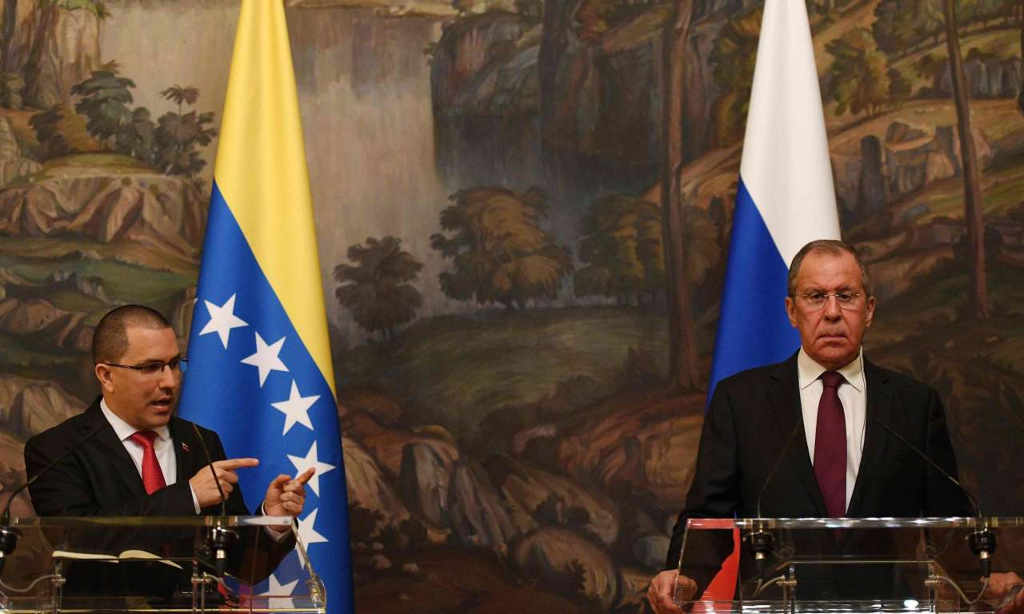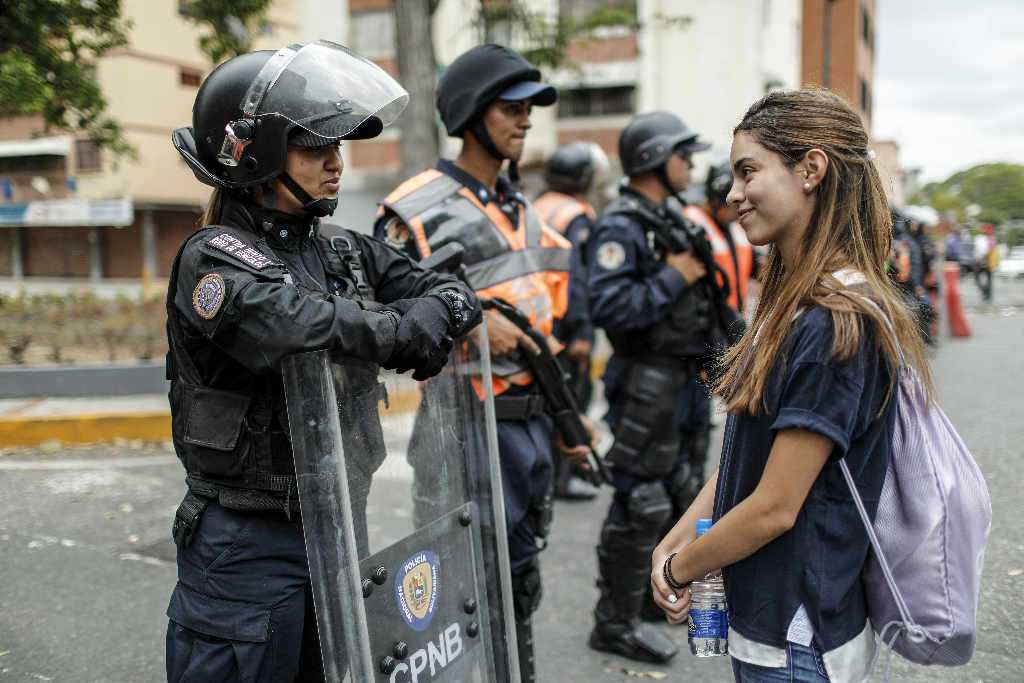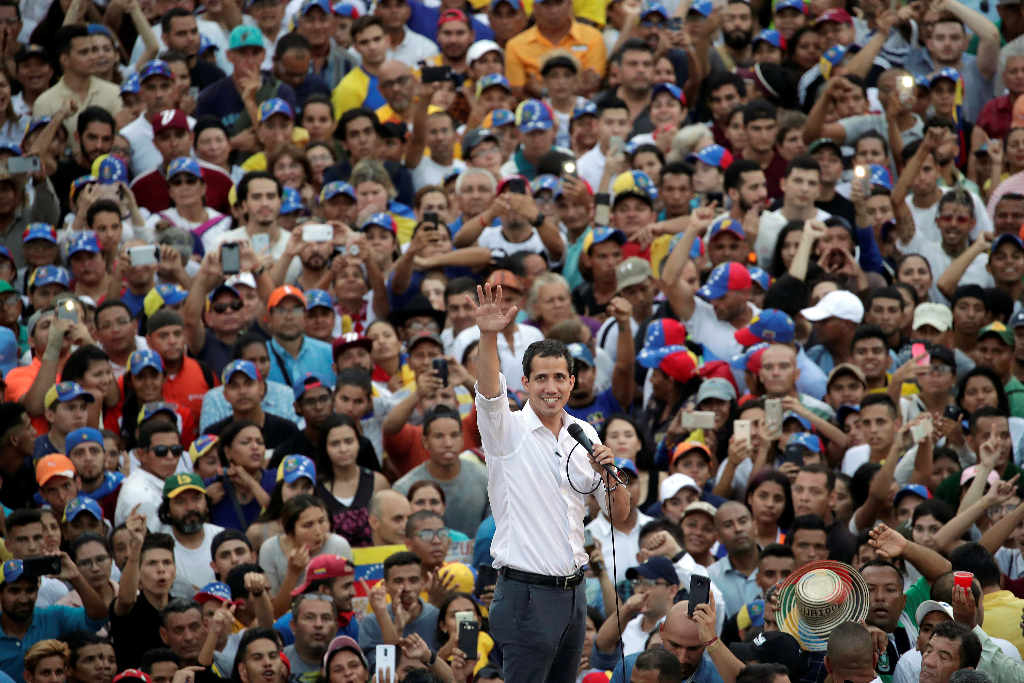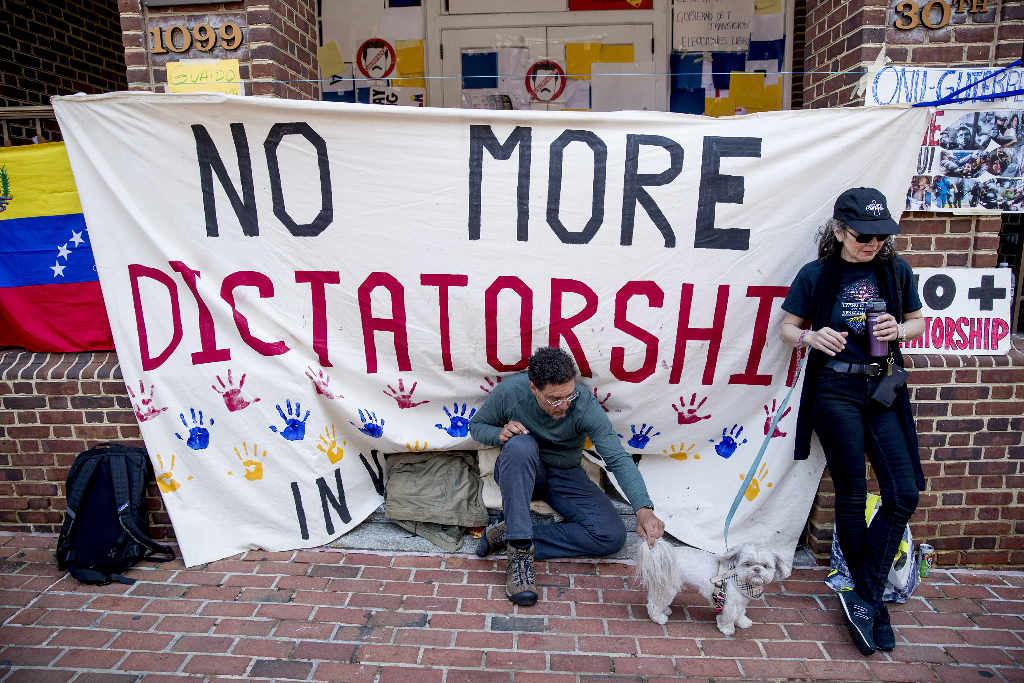The United States and Russia traded words over Venezuela on Sunday with Russia’s foreign minister urging the United States to abandon its “irresponsible” plan to topple Nicolás Maduro and his US counterpart, Mike Pompeo, slamming Russian meddling.

Sergey Lavrov made the comments during a visit to Moscow by Venezuela’s foreign minister, Jorge Arreaza – an apparent bid to stress international support for Maduro.
“Attempts to stage a violent upheaval in Caracas have nothing to do with the democratic process, and only disrupt any prospects of political settlement,” Lavrov said, according to RT.
Any US attempt to topple Maduro through force would bring “grave consequences,” Lavrov warned.
In the US, Secretary of state, Mike Pompeo, urged Russia to stop interfering in Venezuela.

“We want [Venezuela] to be an autonomous, independent sovereign state, with democratically elected officials. This is what we desire for the Venezuelan people,” Pompeo, who is due to meet Lavrov in Finland on Monday, told Fox News.
“We don’t want anyone messing around with Venezuela.”
On Friday, US president Donald Trump and his Russian counterpart Vladimir Putin held a 90-minute phone call, after which Trump claimed Putin was “not looking at all to get involved in Venezuela, other than he’d like to see something positive happen”.
By Sunday, five days after Tuesday’s attempt by opposition leader Juan Guaido to remove Maduro from power, an uneasy calm has returned to the streets of Caracas.

On Saturday, Venezuela’s opposition held a series of anti-Maduro protests designed to keep the pressure on the administration. But attendance was far short of the massive demonstrations held since January.
“[It feels like] we may be approaching an end … but [also] that we’re only pawns in a larger game where superpowers, or former superpowers, or superpower wannabes will decide when and how this ends,” said Sol Castro, a retired university professor who attended one protest in west Caracas.

Juan Guaido has led the move against Maduro since January 23, self-proclaiming himself as interim president of Venezuela. More than 50 countries around the world, including the United States, Lima Group of countries and Europeans recognize as Venezuela’s legitimate leader.













